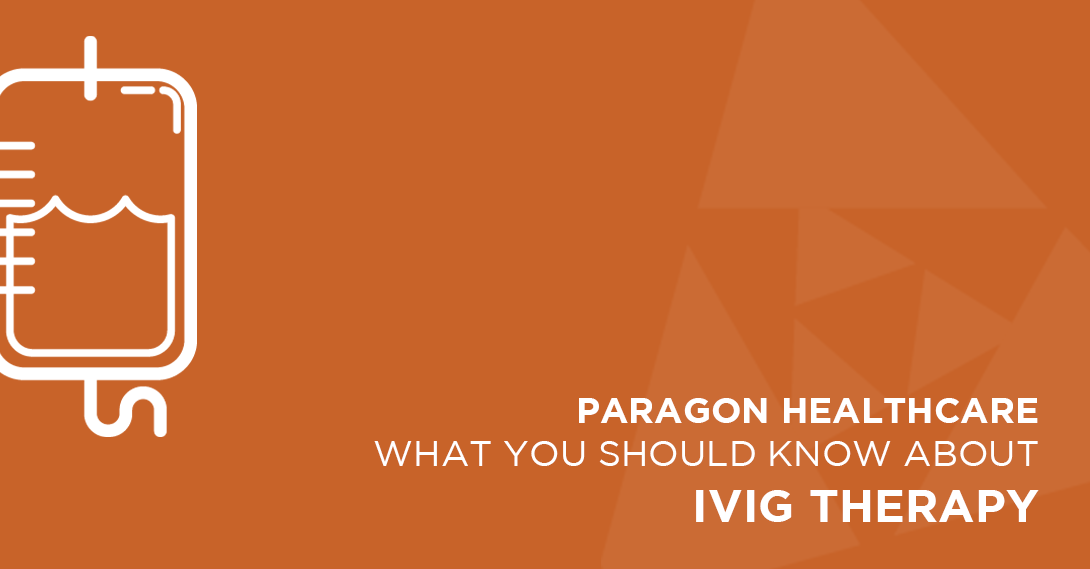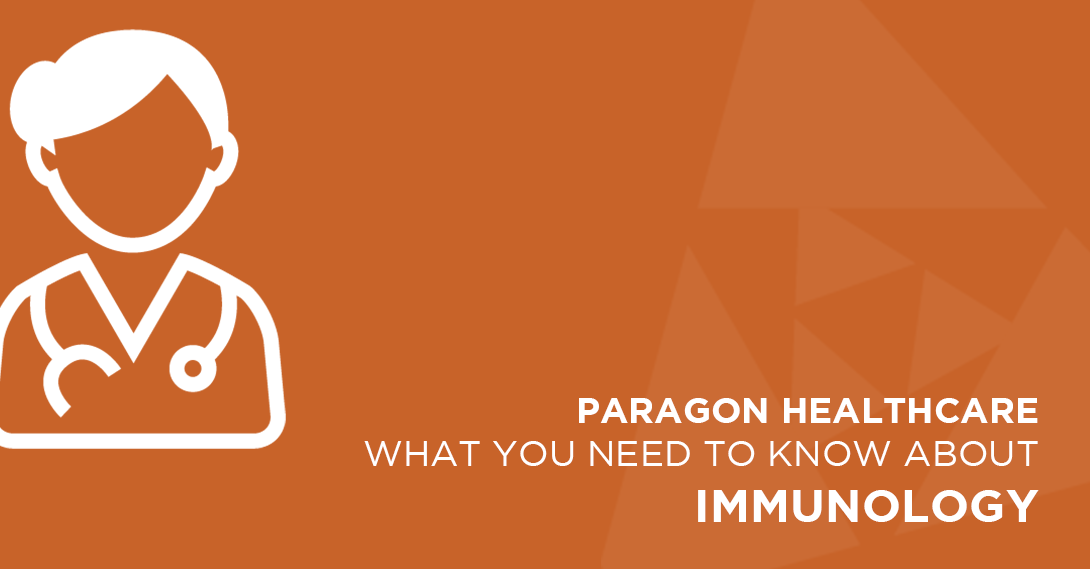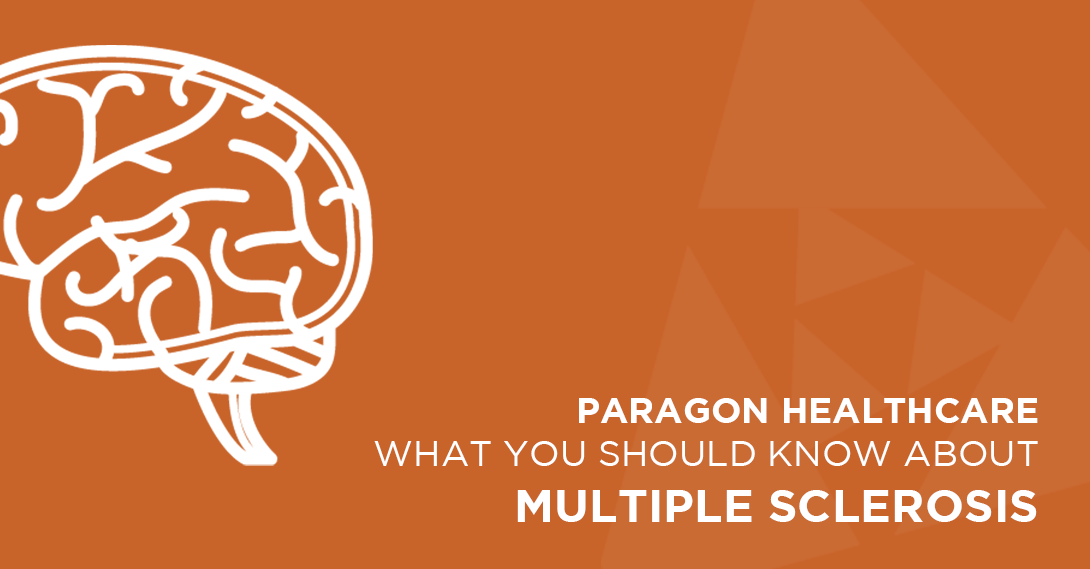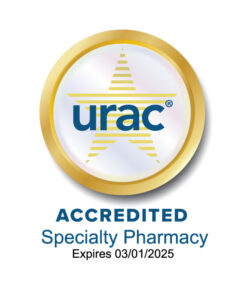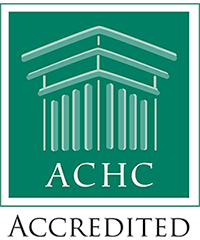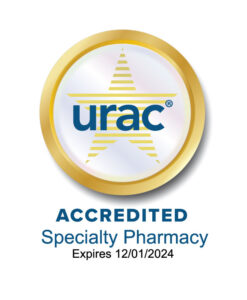What is IVIG?
Immunoglobulin (Ig) replacement therapy is one of the most important and successful therapies for people with primary immunodeficiency diseases (PI), specifically for those who are antibody deficient, as well as various autoimmune disorders. The therapy is both lifesaving and lifelong, and it plays a huge role in the lives of many people with PI and other autoimmune diseases.
When Ig is administered intravenously, meaning into a vein, it is referred to as IVIG. Ig is a tested and safe solution made from human plasma containing antibodies. This therapy is used to protect patients who cannot fight infections due to the low production of antibodies or someone whose immune system is attacking their body’s healthy cells. Ig is prepared from blood donated by thousands of people, creating a super-concentrated collection of antibodies capable of warding off viruses and/or bacteria.
We offer multiple site-of-care options for our IVIG patients, including treatment in the home setting. We also have infusion centers that allow our patients to receive the treatment they need under the care of our highly trained team of Registered Nurses and Nurse Practitioners. Patients will also soon be able to receive IVIG treatment at certain Paragon Pharmacy locations with infusion suites.
What does IVIG stand for?
Intravenous immune globulin. Intravenous (IV) therapies are administered into a vein.
What does SCIG stand for?
Subcutaneous immune globulin. Subcutaneous (SC or SubQ) therapies are administered under the skin, such as an injection.
Can IVIG be given at home?
Yes, in most cases, immunoglobulin therapies can safely be administered in the home setting with the careful monitoring and supervision of a skilled nursing professional.
How long does IVIG infusion take?
IVIG therapy is usually dosed based on each patient’s weight. Depending on the dosing, the IVIG amount is divided over multiple days to reduce the daily infusion time. Usually, most IVIG patients have infusions over 3-4 hours per day for a few days each month.
How fast does IVIG work?
How quickly IVIG works to relieve a disease's symptoms varies based on the disease state itself and the individual patient's response to therapy. However, on average, most patients tend to feel relief within 3-4 weeks of initial dosing.
How long does IVIG stay in your system?
The half-life of IVIG in the body is, on average, about 25 days. It usually takes roughly 4-5 half-lives to clear the majority of IVIG from your body. However, the usual frequency of IVIG dosing is more frequent to help maintain suitable IG levels and prevent them from dropping too low between dosing cycles.
How long do IVIG side effects last?
The majority of the side effects seen from IVIG therapy occur during the infusion and the subsequent days following. The most common side effects include headache, cough, chills, nasal congestion, and vomiting. These symptoms tend to last for a few days. To help prevent or reduce the frequency of these side effects, pre-medications can be administered. Clinical studies have found that adequate hydration before and on the administration days of IVIG may reduce certain side effects such as headaches. Ensure you discuss pre-medication options with your pharmacist and physician.
Does IVIG cause weight gain?
Although everyone’s experience with immunoglobulin therapies can be different, historically, IVIG infusions have not been associated with any weight changes.
Does IVIG cause immunosuppression?
Although the data classifying IVIG therapies as immunosuppressing agents is not conclusive, studies do show IVIG treatments have been found to help reduce symptoms of autoimmune diseases that exhibit excessive inflammation of the body.
Can IVIG cause kidney problems?
Although IVIG can be administered safely in the home, it is important to understand the benefits and risks of each brand of IVIG. Certain IVIG products can be safer for patients with prior existing kidney issues. Be sure to discuss any prior existing conditions with your pharmacist and physician.
Can you get IVIG while on antibiotics?
IVIG can be administered concurrently with many other therapies, some of which can be antibiotics. However, certain antibiotics may need to be held or stopped during infusion days of IVIG to ensure complications do not arise. Be sure to discuss your concurrent therapies with your pharmacist and physician before beginning IVIG therapy.
What IVIG treatments are available?
There are many IVIG treatments available on the market today. They include but are not limited to Panzyga®, Gammagard®, Gamunex-C®, Octagam®, Privigen®, Asceniv®, and Bivigam®.

